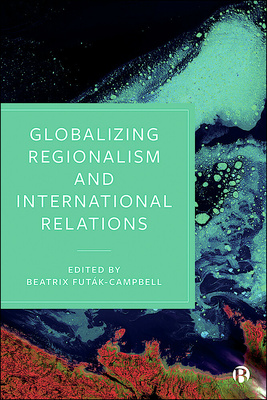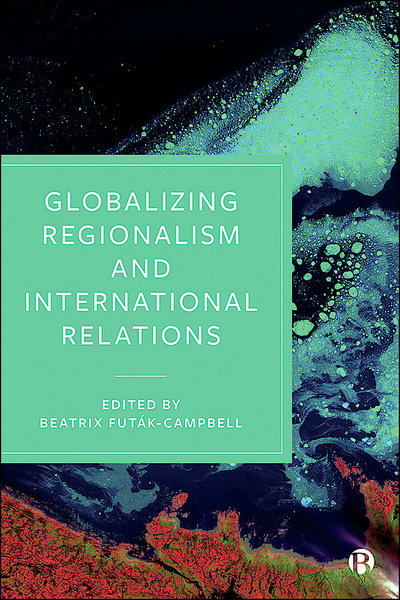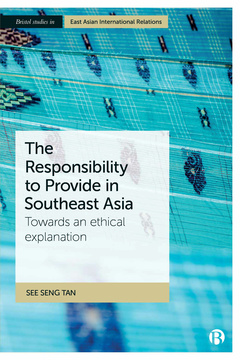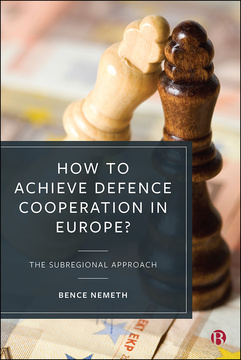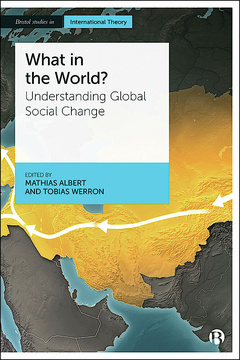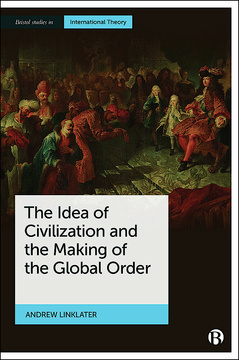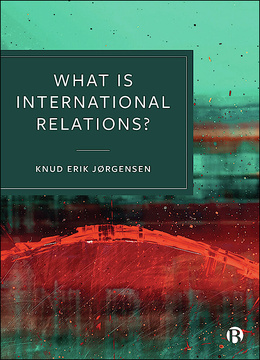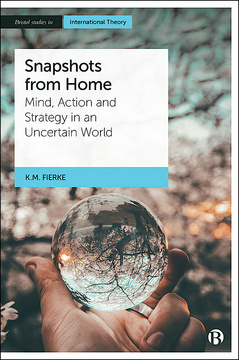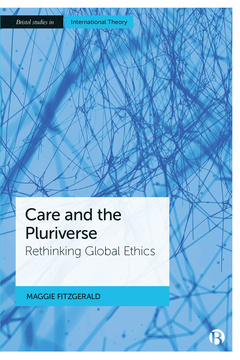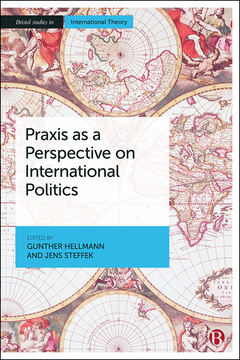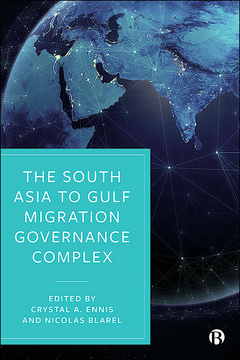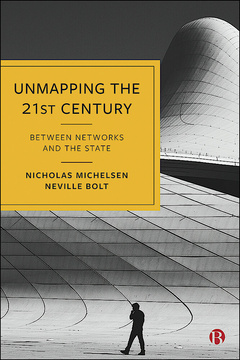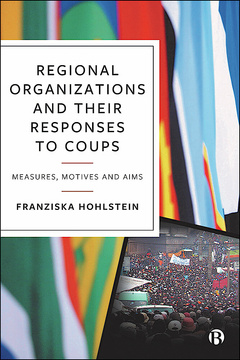Globalizing Regionalism and International Relations
Edited by Beatrix Futák-Campbell
Published
May 20, 2021Page count
256 pagesISBN
978-1529217148Dimensions
234 x 156 mmImprint
Bristol University PressPublished
May 20, 2021Page count
256 pagesISBN
978-1529217155Imprint
Bristol University PressPublished
May 20, 2021Page count
256 pagesISBN
978-1529217155Imprint
Bristol University PressBuilding on the recent initiative to truly globalize the field of international relations, this book provides an innovative interrogation of regionalism.
The book applies a globalizing framework to the study of regional worlds in order to move beyond the traditional conception of regionalism, which views regions as competing blocs dominated by great powers. Bringing together a wide range of case studies, the book shows that regions are instead dynamic configurations of social and political identities in which a variety of actors, including the less powerful, interact and partake in regionalization processes and have done so through the centuries.
“This book takes readers on a new journey to the future of international relations (IR) where the monolithic understanding of the world is by no means possible or appropriate. Its publication is not only timely but also much needed in materialising the study of regionalism and IR in contemporary world affairs transcending the Eurocentric imagination of the world.” Kosuke Shimizu, Ryukoku University, Kyoto
“This book is a crucial contribution to the study of the international. The view that the study of regions is a privileged lens for the development of global and decolonized International Relations is borne out by the analysis on offer here.” Monica Herz, Pontifical Catholic University of Rio de Janeiro
"[T]his volume should find a place on the shelves of many students, bureaucrats and politicians with an interest or participation in international affairs and especially those who believe, with the editor, that we now inhabit ‘a post-Western world." Journal of Contemporary European Studies
“This book represents a timely and refreshing approach to the study of regionalism in international relations. It offers a rich and diverse perspective on the complex ways in which regionalism figures in a changing global order.” Amitav Acharya, American University, Washington DC
“This book is an important addition to the literature; kudos to the contributors for taking on the task of clarifying what Acharya’s regional ‘worlds’ can contribute to moving International Relations (IR) away from its Eurocentric roots. It is useful for all scholars who, albeit working from many different perspectives, have one goal in mind: decolonizing IR.” Jacqueline Anne Braveboy-Wagner, City University of New York
“The essays in this volume develop a crucial but so often neglected insight into the very different regional narratives of the global and, in doing so, make a valuable contribution to the ongoing struggle to find better ways of studying international relations in a post-western world.” Andrew Hurrell, University of Oxford
Beatrix Futak-Campbell is Assistant Professor of International Relations at Leiden University and Marie Curie Fellow at Aberystwyth University.
Part I: Content
1. Introduction: Globalizing (the Study of) Regionalism in International Relations - Pinar Bilgin and Beatrix Futák-Campbell
2. A Global Perspective on Pan Movements: Regional Anomalies or Abnormal Regions? - Alanna O’Malley
3. Embracing the Particular: A Research Agenda for Globalizing International Relations - Vanessa Newby
Part II: Theory
4. Building Regional Communities: The Role of Regional Organizations in Africa - Densua Mumford
5. Environmental Regionalism in the Caspian Sea: A Functionalist Approach - Agha Bayramov
6. Environmental Regionalism in East Asia - Aysun Uyar Makibayashi
Part III: Case Studies
7. Is There Such a Thing as a Confucianist Chinese Foreign Policy? A Case Study of the Belt and Road Initiative - Beatrix Futák-Campbell and Jue Wang
8. India and West Asia: Re-Emerging Region(s)? - Nicolas Blarel
9. The Rise and Fall of an Emerging Power: Agency in Turkey’s Identity-Based Regionalism - Müge Kınacıoğlu







